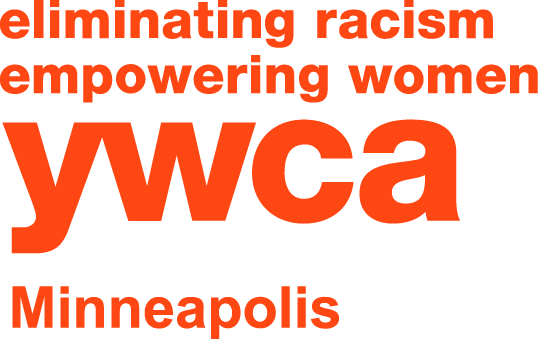Helping Youth Navigate Sexual Health, Consent and Relationships
February 23, 2021
Relationships, consent, sexuality, how to manage conflict... these are matters that intersect through all areas of our daily experiences and contribute to a healthy, fulfilling life. That's why students in our Contact Plus program at Sanford Middle School are examining them -- since the beginning of the pandemic, they’ve been meeting virtually every week to explore and build skills around these topics. A common theme for schools and youth programs during distance learning has been the difficulty of getting young people to stay engaged, but that hasn’t been an issue in Contact Plus. The program has been serving about 60 youth continuously since shifting to the virtual mode. 
A Space Where Students Can Be Themselves
“I was genuinely expecting 10 students to show up, so it’s been really nice,” says Kenzie Engel, Contact Plus program coordinator. She credits this success to the flexibility of the program and the motivation to make it as student-led as possible. “Regardless of the curriculum, students appreciate a space where they can be themselves, connect with each other and have fun,” she says. She makes sure to incorporate games into the programming and hold space for how youth are feeling each day.
Dating, Menstruation, Body Image, Grief, Perseverance
“Middle school is such a tender time; developmentally, you are becoming aware of the world and how you feel about it and then to have to simultaneously navigate a time like this is intense.”
At the beginning of the program, students were surveyed to get a sense of what topics they wanted to discuss most. The subjects they chose included dating, menstruation, how to deal with conflict, body image and social media, and relationships. But as the students are processing the crises we’re in, other topics like “how to hold grief” came up this year. One sixth-grader asked to learn “how to persevere.” Kenzie says that is reflective of how young people are managing this current moment: “Middle school is such a tender time; developmentally, you are becoming aware of the world and how you feel about it and then to have to simultaneously navigate a time like this is intense.”
Teaching Inclusive, Body-Positive Content
Contact Plus is one of our oldest programs, running for more than 30 years to provide comprehensive sexual health education to middle and high school students in Minneapolis Public Schools.Throughout the decades, Contact Plus has changed and adapted to meet the needs of students -- and the last several months are evidence of that. Not only did it switch to a virtual format to continue serving students, but this last year was also the first time a non-binary group was introduced, an effort spearheaded by a student in the program. The students traditionally split periodically into female/male groups to cover specific topics about bodies and anatomy, but it was clear this wasn’t serving everyone and a change was needed. Kenzie says they are also working on ways to make the content more inclusive and ensuring they are presenting ample resources for trans and non-binary youth.
Identity-Building and Sexual Health Information
The program’s foundation is built on two legs: identity-building themes and sexual health information. They explore identity-building themes first with questions like, Who am I? What are my values? How does that impact how I want to be in a relationship with someone else? When they eventually get to the sexual health information, like STIs and birth control, the groundwork is set for students to seek out what their own feelings and values are around these sensitive matters. “It’s creating their own agency around the topics, versus us telling them what’s right,” says Kenzie.
Developing Informed, Self-Actualized Adults
And that’s the ultimate goal of the program -- to develop young people into informed, self-actualized adults who can navigate the complexities of life. “Sexuality is a part of every aspect of our lives. When individuals have a sense for who they are in this way, that makes whole communities more connected,” says Kenzie. Teaching tools like consent and encouraging values like self-worth can help youth lead vibrant, healthy lives -- building a brighter future for us all.Donate to YWCA MinneapolisLearn More about YWCA Youth Programs
